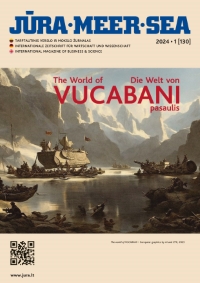Tripartite committee at the ILC agrees decent work should be explicit goal of post-2015 global development agenda
GENEVA (ILO News) – Governments, employer and worker delegates meeting at the International Labour Conference (ILC) have reached consensus on the need for a comprehensive policy framework and pro-active, employment-centred, inclusive growth strategies, both at global and national levels.
They also agreed to promote employment as an explicit goal of the United Nations-led post-2015 global development agenda.
“What happened during this discussion was social dialogue at its best,” said the representative of the Secretary-General and Deputy Director-General for Policy, Sandra Polaski, after almost two weeks of deliberations during the 2014 ILC.
The tripartite Committee on the Recurrent Discussion on Employment was made up of 203 delegates from governments, employers and trade unions from around the world. Its conclusions were adopted by the Plenary of the ILC on Wednesday, 11 June, 2014.
The first recurrent discussion on employment took place in 2010 in the follow-up of the 2008 ILO Declaration on Social Justice for a Fair Globalization. Employment is the first of the four strategic objectives under the Declaration that was discussed for the second time during this year’s ILC.
The Chair of the Committee, Marhijn Visser from the government of the Netherlands, said that “the ambitious and challenging job of the Committee had been completed and achieved beyond expectation. The conclusions signalled commitment from ILO’s constituents and gave the ILO strategic guidance for the future.”
The vice-chair of the employers’ group, Alberto Echavarría Saldarriaga (Colombia), added that “policies that foster sustainable enterprises need to be an integral part of a comprehensive policy framework and the ILO should deploy a series of instruments focused on employment policy, spanning macro and micro-economic dimensions.”
Helen Kelly (New Zealand), vice-chair for the workers’ group, congratulated the conference on the conclusions and mentioned that “countries that have taken a comprehensive and mutually reinforcing set of policies have had great success in tackling the challenges of employment and inequality.” She also noted that the conclusions “reflect policy, action, tripartism and social dialogue and would build the basis for future ILO work”.
Around 600 million new quality jobs need to be created over the next 10 years to absorb those currently unemployed and the expected 400 million additional entrants to the labour market, said Azita Berar, the ILO Director of the Employment Policy Department.
The agreed comprehensive policy framework consisting of a combination of coherent macro-economic, labour market and social policies can guide countries in promoting full, decent, productive and freely chosen employment.
Members agreed on guiding principles and 15 policy components of a comprehensive framework, including pro-employment macro-economic policies; trade, industrial, tax, infrastructure and sectoral policies; enterprise policies; education and skills development policies; and labour market policies.
ILO Country Office for Eastern Europe and Central Asia










